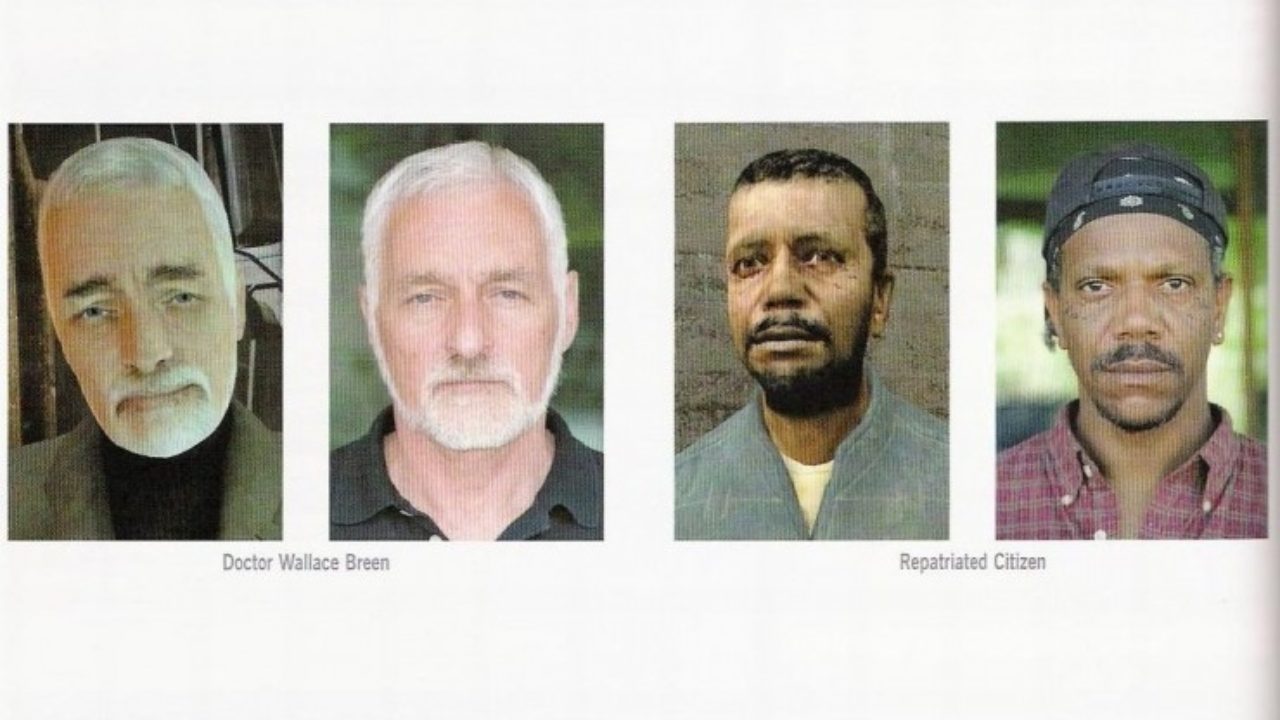
They may ask, "What's the difference between an isotope and an atom?" Another way of explaining it is that when geologists talk about isotopes, they are talking about one element of differing masses. That definition may not mean anything to them. "A variety of a chemical element (strictly, of one particular element) which is distinguished from the other varieties of the element by a different mass number but shares the same atomic number and chemical properties (and so occupies the same position in the periodic table)." The Oxford English Dictionary defines an isotope as: Often students struggle with the concept of isotopes. If they can begin to comprehend that it is random and spontaneous, they end up feeling less nervous about the whole thing. Often students get bogged down in the fact that they don't "understand" how and why radioactive elements decay and miss the whole point of this exercise. Statistical probablity is the only thing we can know exactly. Students often struggle with this concept therefore, it should be stressed that it is impossible to know exactly when each of the radioactive elements in a rock will decay. Radioactivity and radioactive decay are spontaneous processes. Radioactivity: A steady but unpredictable (spontaneous) process the spontaneity (or randomness) of radioactive decay,.Generally, there are four main concepts that students struggle with when thinking about radioactive decay: Jump down to: Isotopes | Half-life | Isotope systems | Carbon-14 | Examples & Exercises Essential Concepts Wenner, Geology Department, University of Wisconsin-Oshkosh


How Does Radioactive Decay Work? created by Jennifer M. Quantitative concepts: exponential growth and decay, probablility


 0 kommentar(er)
0 kommentar(er)
